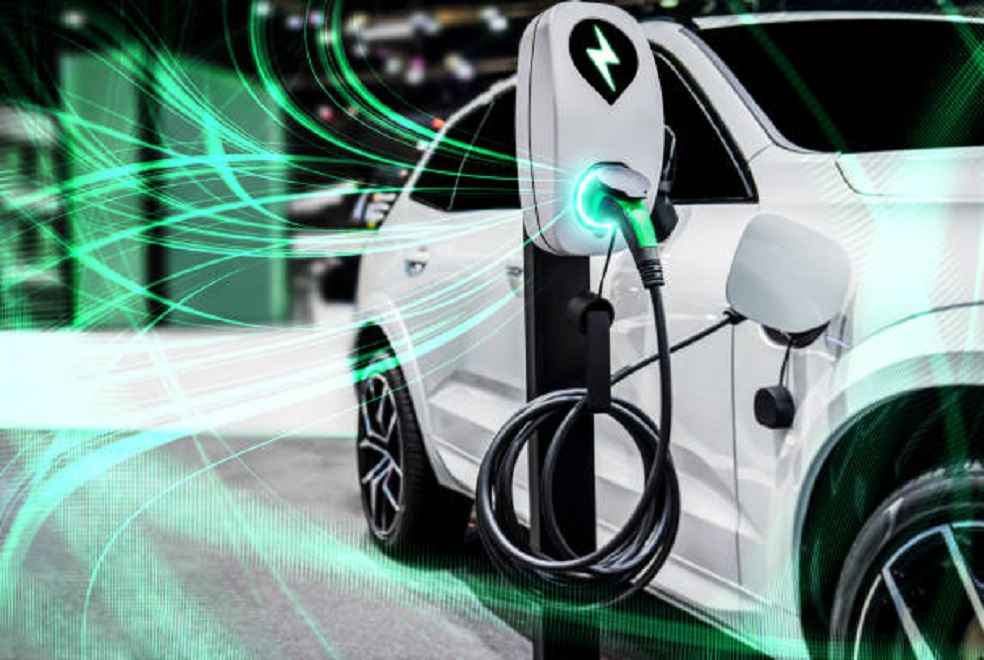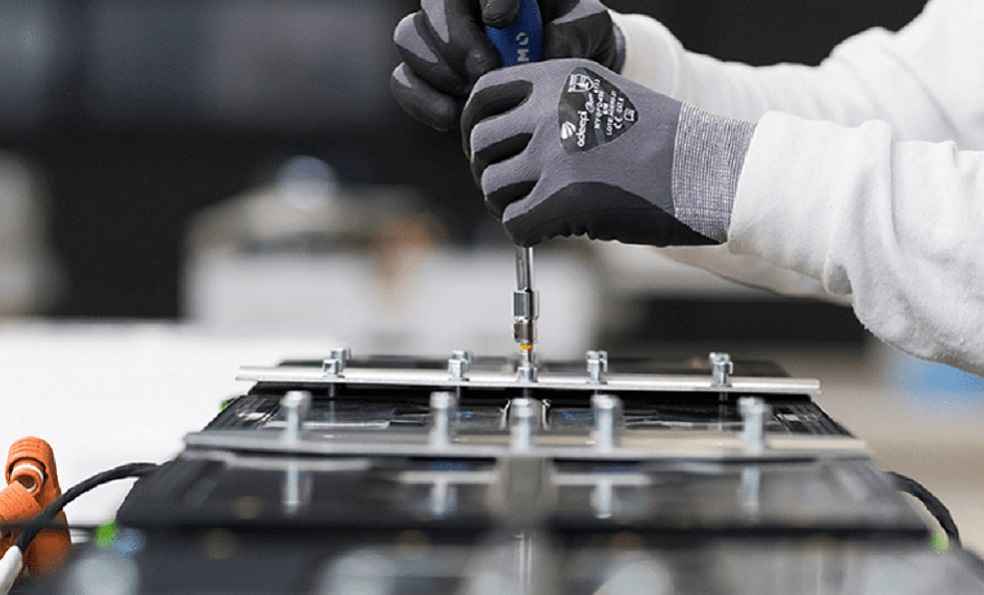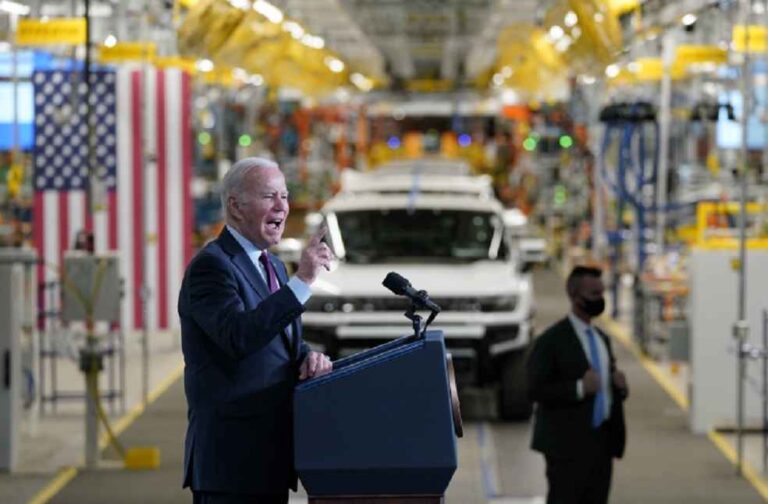China escalated the electric vehicle (EV) sector’s global rivalry by lodging a World Trade Organization (WTO) grievance against the United States. This action challenges what Beijing deems ‘discriminatory’ requirements for EV subsidies in the US, spotlighting the intricate nexus of international trade and environmental policies.
The dispute centers on a US policy effective from January 1st, under President Joe Biden’s climate-centric 2022 Inflation Reduction Act. This rule stipulates that electric car purchasers forfeit tax credits between $3,750 and $7,500 if vehicles utilize critical minerals or battery components sourced from firms in China, Russia, North Korea, or Iran.
The Chinese Commerce Ministry’s announcement did not explicitly outline the motives behind its complaint. Yet, it critiqued the US’s legislative actions, arguing these crafted ‘discriminatory subsidy policies’ for new energy vehicles under the guise of climate change mitigation. Beijing contends these measures sideline Chinese products, ‘distort fair competition,’ and ‘disrupt the global supply chain’ for new energy vehicles, thereby affecting the sector’s equilibrium.

This legal action at the Geneva-based WTO, where member nations resolve trade disputes, underscores the delicate equilibrium between nurturing domestic industries and adhering to international trade frameworks. Nonetheless, the resolution of China’s complaint remains shrouded in uncertainty. An American loss followed by an appeal could stall proceedings, especially since the WTO’s Appellate Body has been nonfunctional since late 2019 due to the US blocking new judge appointments.
China’s dominance in EV battery technology and its expanding auto industry, poised to challenge global car manufacturers, further complicates this dispute. Coupled with the European Union’s probe into Chinese EV subsidies last year, this illustrates wider concerns over competitive balance amidst the auto industry’s electrification shift.

The US policy has significantly narrowed the pool of EV models eligible for tax credits. From over fifty available in the US, merely thirteen now meet the subsidy criteria, a reduction from approximately two dozen in 2023. Automakers are thus urgently adjusting supply chains to align with new regulations, demonstrating the legislation’s extensive impact.
As this WTO dispute unfolds, it will not only test the global auto industry’s resilience and adaptability but also the international community’s capacity to align ambitious environmental goals with trade fairness and competition principles. The case’s outcome may establish a precedent for reconciling climate initiatives with international commerce norms, shaping the electric vehicle market’s future trajectory.
GLOBAL ROUNDUP | UN Marks Slave Trade Remembrance Day, Calls for Reparations and Racial Equality



